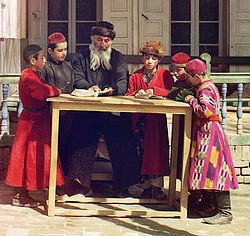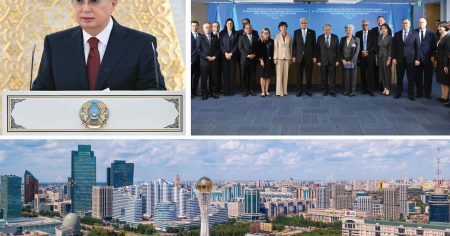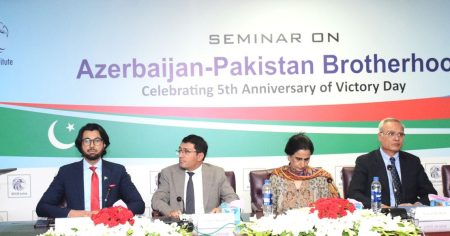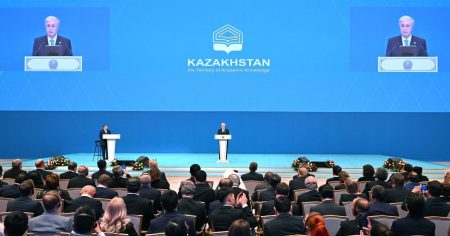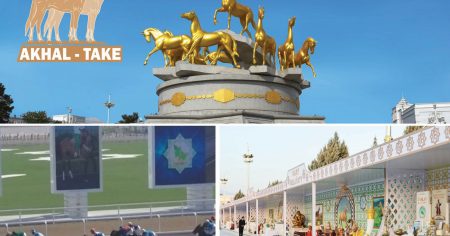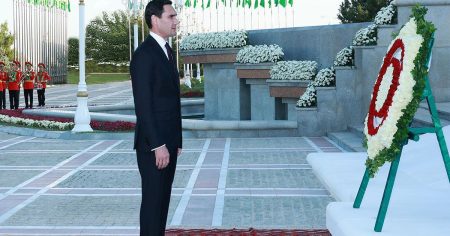German military invasion of June 1941 caused the mass migration of western Soviet citizens and its industries to eastern regions of the USSR. Nearly 19 million civilians moved to Central Asia, Caucasus, Siberia, Urals from Western USSR, Baltics, Eastern Poland by the end of 1941
Tashkent was the most preferred destination thanks to its reputation as a refuge for foreigners and the generosity of the city’s residents.
During the famine of 1920-1921, writer Alexander Neverov, made a journey from the Volga region to Tashkent to obtain food for his family. This journey became the inspiration of his novel ”Tashkent – a City of Bread”.
The key focus of attention of soviet historians has always been on the front side of the WW2, unlike the evacuation or the destiny of Jews was not the most important topic to investigate.
The mass evacuation caused unprecedent hardship on Uzbekistani people, who nevertheless demonstrated extraordinary tolerance and humanity to accept as much as refugees, thus saving the Jewish refugees from imminent death.
More than 3 millions of civilians with different ethnic background out of which about 1 million Jewish population and over 300 thousand orphan children found a refuge in Uzbekistan.
The documentary film of Vyacheslav Shatokhin (Head of Stolen Childhood Project), “The Last Summer of Childhood”, features the children who were evacuated from concentration camps and were saved from an imminent death.
The film also features Manashe Shimonov, a Bukharian Jew, a president of Kokand Fund, whose family accepted Ukrainian Jewish refugees at their house in 1942. The Bukharian family had five children, and the father was in the war front. Despite the hardship, they shared their last bread with the refugees.
The key message of the film is to pay a gratitude and also to eternalize the act of bravery of Uzbekistani people during the most difficult times of the Second World War.
Mark Fuks, Israeli publicist: “….Some European countries could not save their Jewish citizens from Nazis, but on the contrary collaborated with them in an extermination of the Jews… It being understood that I am not ignoring the individual heroes who helped Jews so called “Righteous among the nations” in the European countries. However, when it comes to giving the honorific “Righteous among the nations“ to the whole nation, the Uzbekistani people, without any doubt, deserves this recognition. Their bravery illustrates a humanity of highest quality and deserves being studied worldwide”
Aba Priev, Ph.D, professor of the Hebrew University of Jerusalem, a publicist and chairman of International Solidarity Union “Sogdiana”, notes that the humanity that Uzbekistan illustrated is extraordinary and it should be studied further
Individual memories of evacuees deserve the attention and support the fact that the evacuation topic should be investigated further.
Sophia Abidor, from Odessa, was evacuated to Tashkent: “ In spring 1942 my husband’s parents, Golda and her family, my mother, my sister and I moved to Tashkent, Uzbekistan. Evacuated people were accommodated in the houses of local people, Uzbeks. They were waiting for trains at railway stations. An Uzbek woman took us to her home. They had a big yard and a house divided into two parts: one for men and one for women. My mother, my sister, my son and I were accommodated in a room in the women’s part of the house.
I finished my 3rd and 4th year at Tashkent Medical College. Most of the students were Uzbek. There were many evacuated students and Jews among them. I didn’t face any anti-Semitism during my evacuation. Local people sympathized with us and tried to help where they could. They understood how hard it was to be a refugee forced to leave everything behind “
Zinaida Leibovich (Jewish name: Shprintsa) born in 1942 in Tashkent “ The war began on June 22, 1941. At that time my mother was pregnant with me. The factory where my parents were working was converted to a military plant and promptly evacuated to Tashkent. My parents were evacuated with their plant. My father’s parents were also evacuated – but some time later.
My parents lived with an Uzbek family. These people sympathized with us, especially with my pregnant mother. My mother had suffered very much during the long train journey to Tashkent. When I was born the doctors didn’t think I would survive. I was born with many lesions and bleeding sores. In fact, nobody believed that I would live, and the doctors didn’t want to take the responsibility for my treatment. My mother was discharged from the maternity hospital and sent home. But then our Uzbek landlords took over. The landlady went to her home village to see the healer. She brought back some ointment and herbs and they nursed me to health. So I owe my life to these Uzbek people. I don’t even know their names. I don’t know why, but after returning to Kiev my parents did not keep in touch with this family, but I remember that my mother always spoke with gratitude about their kindness and cordiality”
There are also lots of memoir books left from European Jews in Yad Vashem and Holocaust Centers across the US. One of the most outstanding books is “Remnant” by Michael Kesler who found a refuge in Uzbekistan in 1942-1945.
On June 24, 1941, Michael (Moshe) ,16 years old and his sister Luba, 19 years, leave their home in Dubno in Ukraine, just ahead of the advancing German armies. Fleeing by foot and train deep into Ukraine and beyond, the siblings spent brutal winter in Stalingrad. In July 1942, they escape again ahead of the Germans’ onslaught on Stalingrad. Stroke of luck lands them in Uzbekistan. Michael works initially as a veterinary assistant in Syrdarya and learns Uzbek language, sufficient to communicate with Uzbek farmers. In September 1944, he is enrolled in the Uzbek Economic Institute in Samarkand. He works as a weaver in a small enterprise founded by a Rabbi Zukerman, who also escaped the war in Ukraine.
After the end of war, he and his sister heads to Ukraine to find their parents, but they discover extermination of all Jews including their parents in their native town. The siblings find their house ‘stolen’ by local family yelling ‘ Get out, you dirty, little Jew, before I kill you” when Michael offers them a money to buy his own house.
With the still reigning violent antisemitism in Eastern Europe, Michael and his sister had to join the displaced persons camp in Germany in 1945, and there Michael was awarded a scholarship of Massachusetts Institute of Technology, thanks to the B’nai B’rith Association.
After graduating from the MIT, Mikhael Kesler works as a chemical engineer and invents the first technical soft applications for the US oil industry, consulted largest US companies such as Exxon Mobile. He prospered and founded happy family in the US. Michael dies in 2021 at the age of 97, leaving behind six children, 11 grandchildren from extraordinary assembly of professionals, including engineers, an architect, psychologist, four educators, a physical therapist and (believe it or not) two rabbis!
Khurshid KODIROV,
With highest regards to
Vyacheslav Shatokhin, head of Stolen Childhood Project, Brooklyn, USA
Aba Priev, chairman of International Solidarity Union “Sogdiana”, Jerusalem, Israel
Maya Kesler, a daughter of Michael Kesler, a graduate of Harward University, a director of physical therapy company in Maryland, USA


